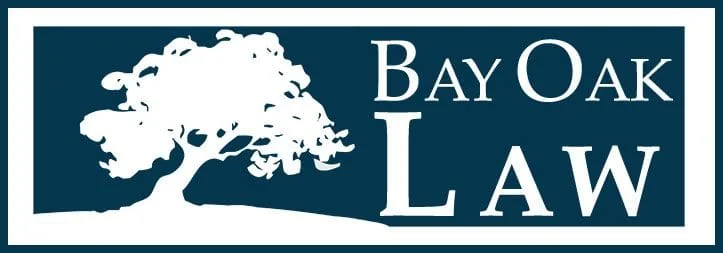- posted: Sep. 09, 2014
- Archive
by: Andrew K Jacobson
One characteristic of mobsters is the threat of something bad happening if you don’t do what the mobster wants you to do. It is even an unforgettable part of The Godfather: when the Hollywood studio head wouldn’t let Johnny, Don Corleone’s godson, star in a movie, he wakes up with the bloody head of his prize stallion in his bed. The legal world sees it, too, but judges are increasingly wise to the wiseguys.
[caption id="attachment_1733" align="alignright" width="150"] Sherlock lives on - in the public domain[/caption]
Sherlock lives on - in the public domain[/caption]
In one recent copyright case, the wiseguy was the estate of Arthur Conan Doyle, the creator of Sherlock Holmes. Holmes first appeared in The Strand magazine in 1887 , and most of the Sherlock Holmes canon are in the public domain. However, because Doyle published a few Holmes stories in the mid-1920s, those few are still copyrighted in the United States.
Sherlock Holmes has had a renaissance in recent years, cropping up on television in both the United Kingdom and the US, to books by numerous authors, including a series by Bay Area author Laurie R King that imagines a pluckish San Francisco girl encountering the great detective during World War I.
One such author, Leslie Klinger, challenged the Doyle Estate’s practice of trying to force authors to pay a modest license fee, if only to avoid the possibility of litigating the issue. Mr. Klinger won a declaratory judgment in the trial court that he was free to use the “classic” (written before the 1920s) Sherlock Holmes. When the Conan Doyle estate appealed, Judge (and prolific author) Richard Posner affirmed the trial court in Klinger v. Conan Doyle Estate, finding no “basis in statute or case law for extending a copyright beyond its expiration. When a story falls into the public domain, story elements—including characters covered by the expired copyright—become fair game for follow-on authors.”
After winning the appeal, Mr. Klinger then sought attorneys’ fees, which Judge Posner readily granted in a follow up opinion. He states that “[t]he Doyle estate's business strategy is plain: charge a modest license fee for which there is no legal basis, in the hope that the "rational" writer or publisher asked for the fee will pay it rather than incur a greater cost, in legal expenses, in challenging the legality of the demand.” Mr. Klinger acted as “ a private attorney general, combating a disreputable business practice—a form of extortion—and he is seeking by the present motion not to obtain a reward but merely to avoid a loss. He has performed a public service—and with substantial risk to himself, for had he lost he would have been out of pocket for the $69,803.37 in fees and costs incurred at the trial and appellate levels ($30,679.93 + $39,123.44). The willingness of someone in Klinger's position to sue rather than pay Doyle's estate a modest license fee is important because it injects risk into the estate's business model. As a result of losing the suit, the estate has lost its claim to own copyrights in characters in the Sherlock Holmes stories published by Arthur Conan Doyle before 1923. For exposing the estate's unlawful business strategy, Klinger deserves a reward but asks only to break even.”
[caption id="attachment_1734" align="alignleft" width="150" class=" "] We see what you are really doing.[/caption]
We see what you are really doing.[/caption]
In another recent intellectual property case, here in California, the Second District Court of Appeal allowed successful trade secret misappropriation defendants to go forward with a lawsuit against the lawyers who represented their former employer (Parrish vs Latham and Watkins), FLIR Systems, which sued them for trade secret misappropriation without a reasonable belief that they were stealing anything. The former defendants-turned-plaintiffs had won the original action, because they thoroughly disproved FLIR’s claim that the business plan of their new enterprise belonged to the employer, winning back their attorneys’ fees in the process.
The employees’ theory against the law firm was that the firm lacked probable cause, and brought the suit to prevent competition to the former employer. The appellate court allowed the suit to continue, finding no statute of limitation problem, and sufficient probable cause for the case to go forward, as the trial court in the original action found FLIR’s case to be baseless. The court further found sufficient evidence that the law firm sought remedies that were designed to prevent competition, rather than to protect FLIR’s trade secrets.
In both the Klinger and Parrish cases, the appellate courts recognized the extortionate effect of meritless legal claims. The forbidding economics of the legal system, where thousands of dollars can disappear in a day or two of a multi-year long process often force those with justice on their side to settle. In Klinger and Parrish, the efforts and risks of the just received just compensation.
It’s elementary, my dear Watson.



